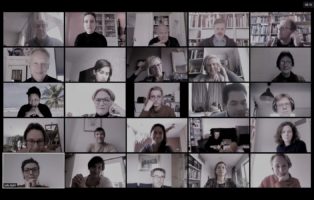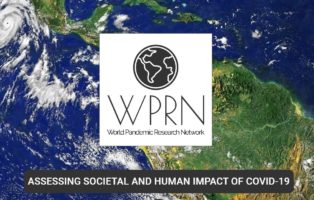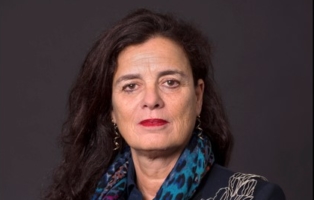
Being an intellectual haven for All
17 June 2020NIAS is founded on the principle of being an intellectual haven for excellent scholarship. In the 1970’s when it was first established, the first fellows group consisted of what we would now term as being very homogenous; predominantly male, white, late career professors. Having a diverse group is important for ground-breaking science. That an assumption might be questioned and turned on its head happens more often when people from different worlds meet. And here we do not only mean different disciplines. Having a balanced year group in terms of gender, different phases in careers, cultural backgrounds, nationalities, sexualities, and class improves the quality of advanced learning. Coming with different world-views and knowledge helps to create multiple perspectives and approaches to address and solve problems
Today, a lot of care is given at NIAS in composing a diverse year-group. We made the bold choice to change the traditional way of reviewing applications to encourage this. Apart from diversifying our review database we asked our reviewers to move their focus from being output-based to more project-based; to place more importance on the quality and originality of the research project in light of the individual’s career path rather than on “proven” excellence in terms of the number of publications, prizes and exposure. The fellows groups today have a perfect gender-balance as well as an even distribution of early, mid and late-career scholars. However, we are aware that NIAS fellows are still mainly white and come from Western countries or institutions, so our work is not done.
At NIAS we believe in continuous learning, and that is also true for us as an organisation. We organised a first expert meeting from academics around the world to advise us on how we could encourage more top-scholars from underrepresented groups in European academic institutions, as well as from underrepresented parts of the world, such as Asia, Middle-East, Africa and Latin-America, to apply. If we are to be an intellectual haven for thinkers, the haven also includes those who do not have access to the same resources and facilities available in dominant western institutions. The need to address these inequalities is an absolute for NIAS in supporting our aim to be inclusive in attracting and accepting talented thinkers, no matter where they come from.
In the coming year, NIAS will establish mentoring programs and multiple NIAS boards outside of the Netherlands, in collaboration with established scholars in and from the region. These boards will tap into their scholarly networks, scout potential talented fellows and guide their application process. NIAS has the ambition and is paving the way to make an inclusive and thriving community of intellectuals.



